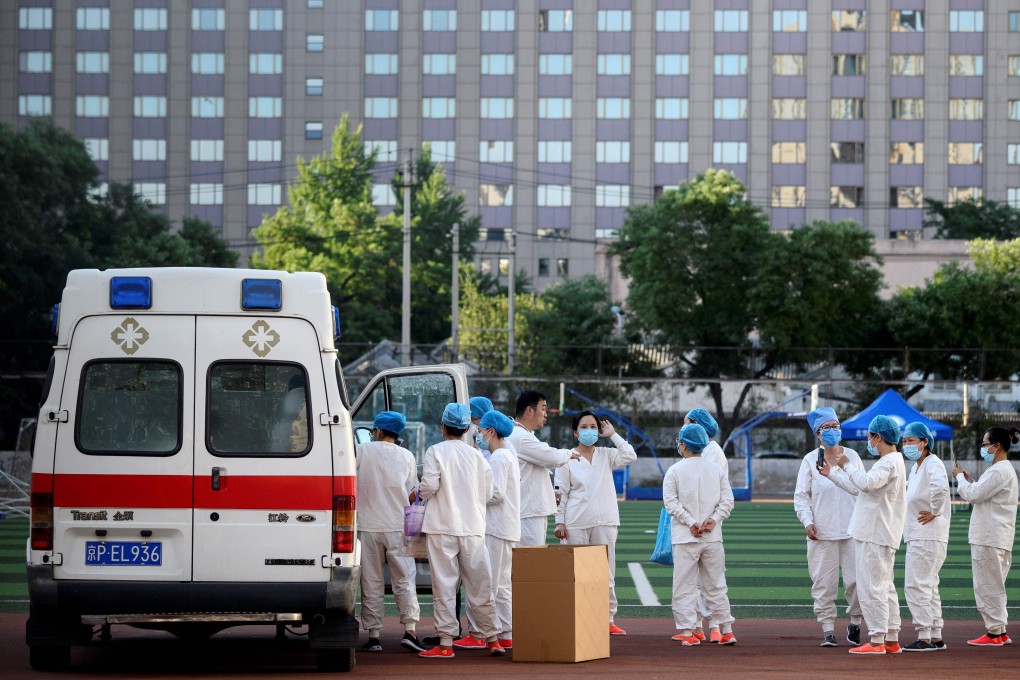New Covid-19 outbreak at Chinese market is a warning for countries around world looking to ease restrictions
- Health experts say outbreak is a reminder for all nations to stay vigilant and be ready to test and contact trace at the first sign of resurgence
- Fishing industry reassures Hong Kong diners that salmon in city does not come through Beijing and unlikely to be affected

“This outbreak is an important reminder about the ongoing threat posed by Covid-19,” said Michael Baker, professor of public health at the University of Otago in New Zealand.
“Most countries that have contained Covid-19 have had setbacks, with outbreaks occurring even after quite long periods without cases,” said Baker, adding that eliminating the virus remained the goal to protect lives.
Because the virus has already shown its ability to rapidly spread across borders through transport networks, the new outbreak in Beijing is likely to serve as a warning to all cities and countries about the threat of reinfections as they lift restrictions to get businesses and economies working again.
The outbreak in China’s capital has been linked to the Xinfadi wholesale food market, with traces of the virus found in areas used for processing imported salmon.